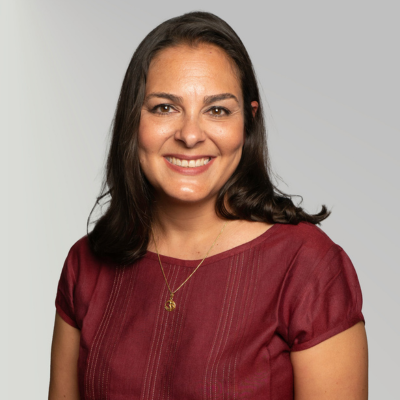Sandhya is the Alumnae Program Lead at WomenLift Health where she leads on the design and implementation of the global alumnae strategy. She has over 15 years of experience managing programs for international nonprofits with a focus on human rights, social justice, and education. Prior to WomenLift Health, Sandhya spent a decade with the Tony Blair Institute for Global Change where she managed government partnerships while based out of New Delhi, India. As Senior Education Advisor for Asia, she oversaw several projects focused on the prevention of violent extremism through education. Other previous roles include Program Officer for South Asia at America Jewish World Service, where Sandhya managed a portfolio of human rights and social justice grants. Sandhya graduated from Middlebury College with a B.A. in history and holds an M.A.L.D. in International Conflict Resolution and Negotiation from the Fletcher School of Law and Diplomacy at Tufts University. She currently lives in Northern Virginia where she enjoys the beautiful hiking and walking trails of the region.
Find Sandhya on LinkedIn and X (Twitter): sandhyagupta02

